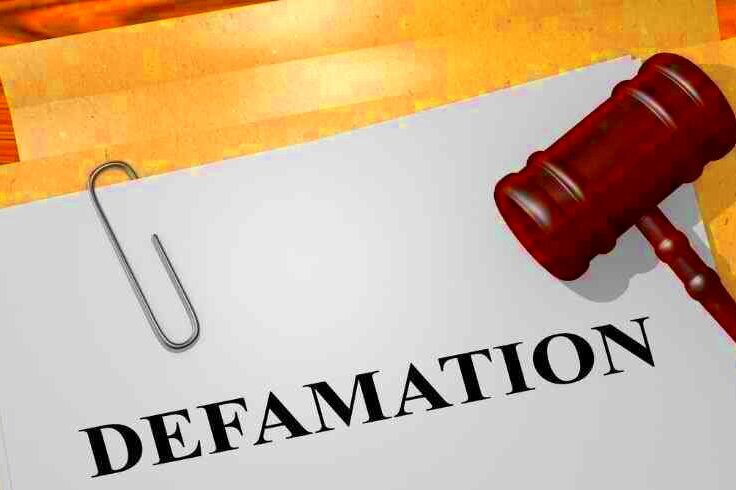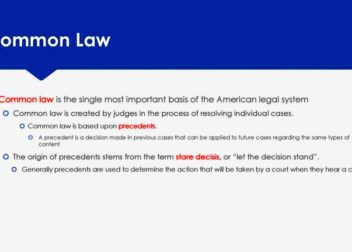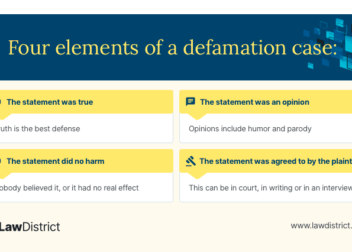Defamation Laws in Pennsylvania and How to Protect Your Reputation
Defamation laws in Pennsylvania are designed to protect individuals and organizations from false statements that harm their reputation. If someone makes a statement about you that is untrue and damages your reputation, you might have a defamation claim. In Pennsylvania, the law recognizes two main forms of defamation: libel and slander. Understanding these laws is crucial for anyone who feels they have been wronged.
In Pennsylvania, a defamation claim generally requires proof that the statement was made to a third party, that it was false, and that it caused harm. The state also allows for some defenses, such as truth or opinion. If you think you’ve been a victim of defamation, knowing the law can help you navigate your options.
Types of Defamation: Libel and Slander
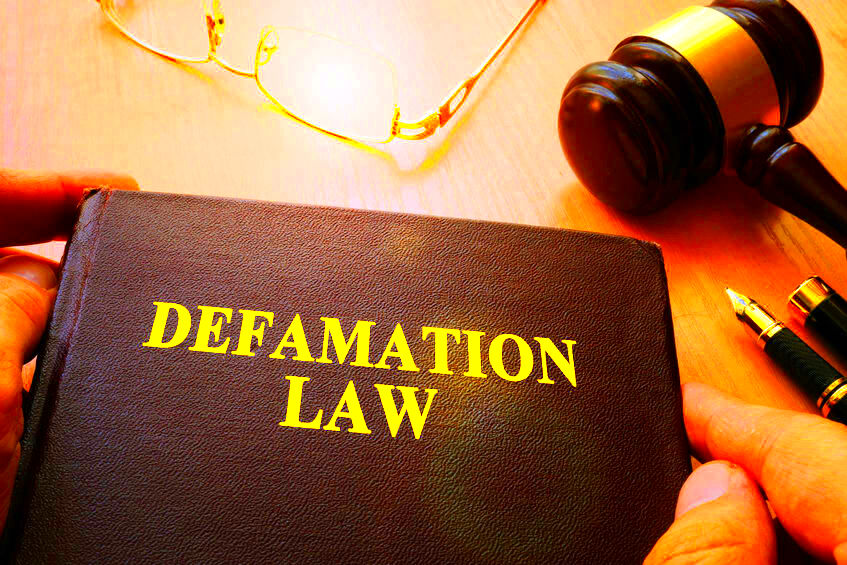
Defamation comes in two main types: libel and slander. Here’s a breakdown:
- Libel: This refers to defamation in written or published form, such as articles, books, or online posts. Because libel is permanent, it often carries more weight in legal claims.
- Slander: This involves spoken statements that harm someone’s reputation. Since slander is temporary, it may be harder to prove, as witnesses or recordings are often required to support your claim.
In both cases, the focus is on whether the statement made was false and damaging. It’s essential to understand the differences between these two forms to determine the best course of action.
What You Need to Prove in a Defamation Case
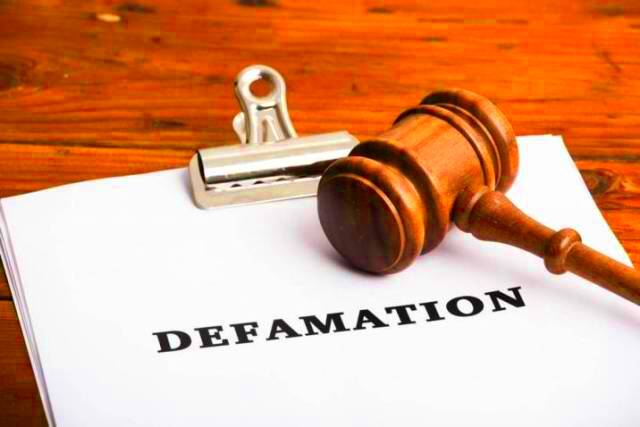
To win a defamation case in Pennsylvania, you generally need to prove four key elements:
- False Statement: You must show that the statement made about you is false. Truth is an absolute defense in defamation cases.
- Publication: The statement must have been communicated to a third party. This means someone other than you and the person who made the statement must have heard or seen it.
- Harm to Reputation: You need to demonstrate that the statement caused harm to your reputation. This could include loss of business, emotional distress, or damage to personal relationships.
- Negligence or Actual Malice: Depending on your status as a public figure or private individual, you may need to prove that the statement was made with negligence (carelessness) or actual malice (intent to harm).
Gathering evidence, such as witnesses or documents, can help strengthen your case. Understanding these elements will give you a clearer picture of what to expect in a defamation lawsuit.
Defenses Against Defamation Claims
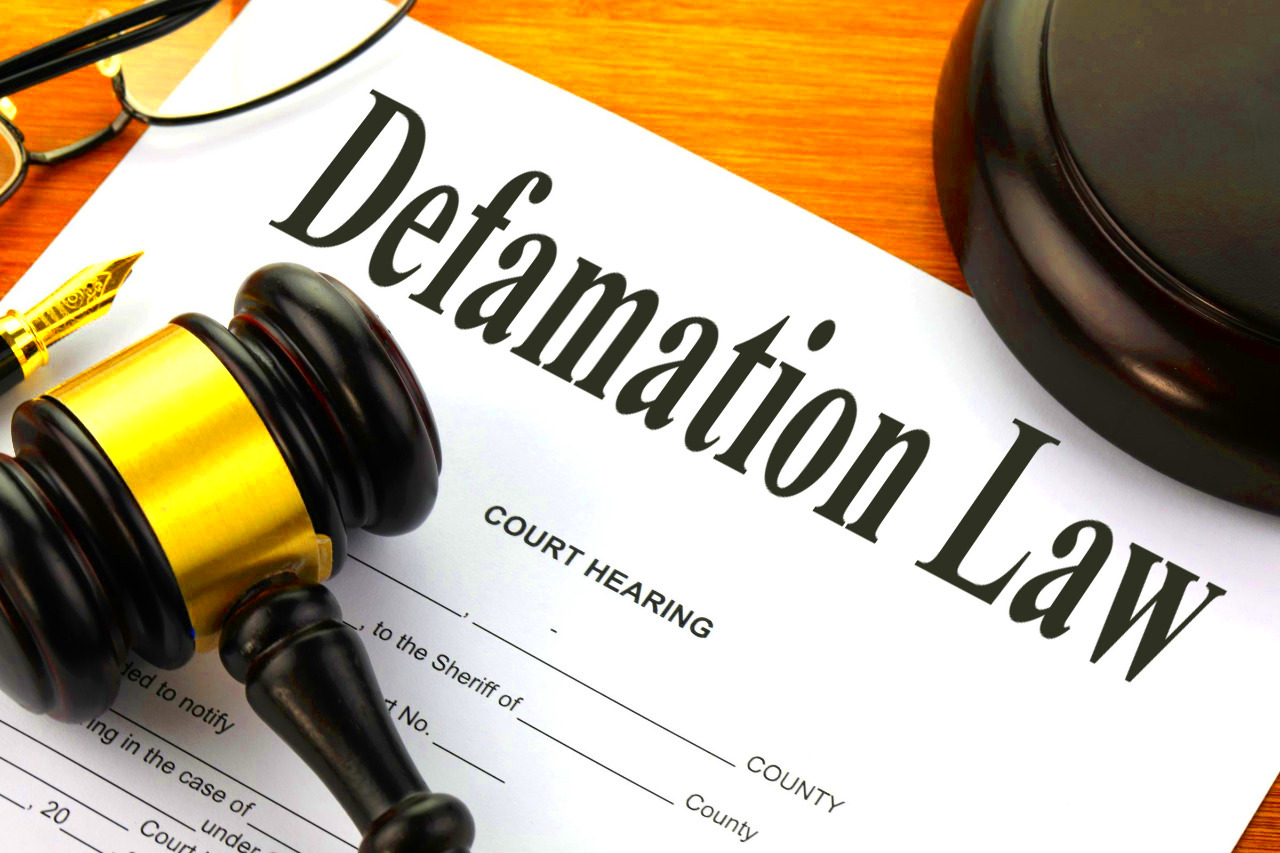
When facing a defamation claim, there are several defenses you can use to protect yourself. Understanding these defenses is crucial, as they can help you avoid liability for statements that someone claims are harmful. Here are some common defenses against defamation in Pennsylvania:
- Truth: If the statement in question is true, it cannot be considered defamatory. This is the most effective defense.
- Opinion: Statements that are clearly opinions rather than assertions of fact may not be considered defamatory. For instance, saying “I think he’s a terrible actor” is an opinion and not a factual claim.
- Consent: If the person who claims defamation consented to the publication of the statement, it can serve as a defense.
- Privilege: Certain statements made in specific contexts are protected by privilege. For example, statements made during judicial proceedings or legislative sessions may be immune from defamation claims.
- Public Interest: If the statement concerns a matter of public interest, it may be protected, especially if made without malice.
Each case is unique, so it’s essential to consult with an attorney who can help you identify the best defense strategy based on your circumstances.
Legal Steps to Take if You’re a Victim of Defamation
If you believe you have been a victim of defamation, it’s important to take specific legal steps to protect your rights. Here’s a practical guide to help you navigate this challenging situation:
- Document Everything: Keep records of the defamatory statements, including dates, times, and any witnesses. Screenshots or copies of written statements can also be helpful.
- Assess the Harm: Consider how the statement has affected your reputation, relationships, or business. This information will be important for your claim.
- Consult an Attorney: Reach out to a lawyer experienced in defamation cases. They can provide guidance on the best course of action and whether you have a viable claim.
- Consider Sending a Demand Letter: In some cases, your attorney may suggest sending a demand letter to the person who made the statement, requesting a retraction or an apology.
- Explore Legal Action: If necessary, your attorney can help you file a defamation lawsuit. This may involve a formal complaint and possibly a trial.
Taking prompt action can help you address the harm caused by defamatory statements and protect your reputation.
How to Protect Your Reputation Before Legal Action
While legal action can help address defamation, there are proactive steps you can take to protect your reputation before things escalate. Here are some practical strategies:
- Monitor Your Online Presence: Regularly check social media and search engines for mentions of your name. This will help you stay informed about any potentially harmful content.
- Respond Calmly: If you encounter defamatory statements, consider responding calmly and professionally. Address the issue directly and clarify any false information without escalating the situation.
- Build a Positive Online Reputation: Focus on creating positive content about yourself or your business. This can include testimonials, articles, or engaging social media posts that highlight your strengths.
- Network and Build Relationships: Strengthening your professional and personal relationships can create a support system. People who know you well can help counter false claims with their own experiences.
- Consider a Public Relations Strategy: In some cases, hiring a public relations professional can help manage your image and respond to negative claims effectively.
Taking these steps can help you mitigate the impact of defamation and maintain your reputation while you explore your legal options.
Importance of Hiring an Attorney for Defamation Cases
When dealing with defamation claims, hiring an attorney is one of the most important steps you can take. Defamation law can be complex, and having a knowledgeable advocate by your side can make a significant difference in the outcome of your case. Here’s why hiring an attorney is essential:
- Expertise in the Law: Defamation laws vary from state to state, and an attorney will understand the specific laws in Pennsylvania. They can guide you through the nuances of your case.
- Assessment of Your Case: A skilled attorney can evaluate the strength of your claim and help you understand whether you have a viable case. They can also inform you about potential defenses.
- Gathering Evidence: An attorney will know what evidence is necessary to support your claim, including witness testimonies, documentation, and expert opinions.
- Negotiation Skills: Many defamation cases are settled out of court. An experienced attorney can negotiate on your behalf for a fair settlement, whether it’s an apology, retraction, or monetary compensation.
- Representation in Court: If your case goes to trial, having an attorney who is skilled in litigation is crucial. They will prepare your case, present evidence, and argue on your behalf.
Overall, hiring an attorney for defamation cases provides you with the legal knowledge and support needed to navigate this challenging situation effectively.
FAQs About Defamation in Pennsylvania
As you navigate the complexities of defamation law, you might have several questions. Here are some frequently asked questions that can help clarify your understanding:
- What constitutes defamation? Defamation occurs when false statements about someone are made to a third party, causing harm to that person’s reputation.
- What is the difference between libel and slander? Libel refers to written or published defamatory statements, while slander pertains to spoken statements.
- How long do I have to file a defamation lawsuit? In Pennsylvania, the statute of limitations for defamation is generally one year from the date the defamatory statement was made.
- Can public figures sue for defamation? Yes, but they must prove “actual malice,” meaning the statement was made with knowledge of its falsity or with reckless disregard for the truth.
- What damages can I recover in a defamation case? Victims may be able to recover compensatory damages for emotional distress, loss of income, and other related harms.
Understanding these common questions can help you feel more informed and empowered as you deal with defamation issues.
Conclusion and Final Thoughts on Protecting Your Reputation
Protecting your reputation is vital in today’s fast-paced world, where information spreads rapidly. Defamation can have serious consequences, affecting personal relationships and professional opportunities. Here are some final thoughts on safeguarding your reputation:
- Be Proactive: Monitor your online presence and address false statements quickly. The sooner you act, the less damage you may incur.
- Know Your Rights: Familiarize yourself with defamation laws in Pennsylvania. Understanding your rights will empower you to take appropriate action if needed.
- Seek Professional Help: Don’t hesitate to hire an attorney if you believe you’re a victim of defamation. Legal expertise can be invaluable in these situations.
- Maintain a Positive Image: Focus on building and maintaining a positive reputation through good relationships and honest communication.
Ultimately, being informed and proactive can help you navigate the challenges of defamation and protect your reputation effectively.
